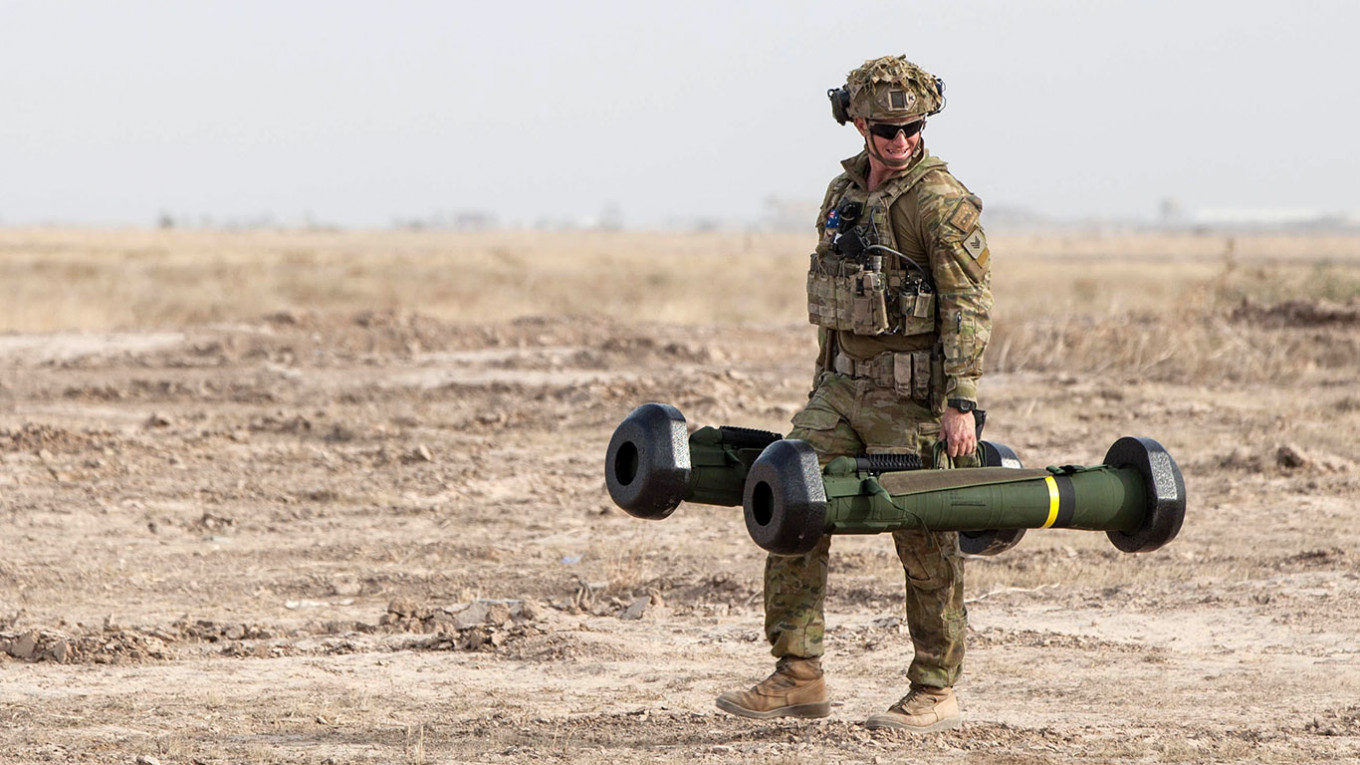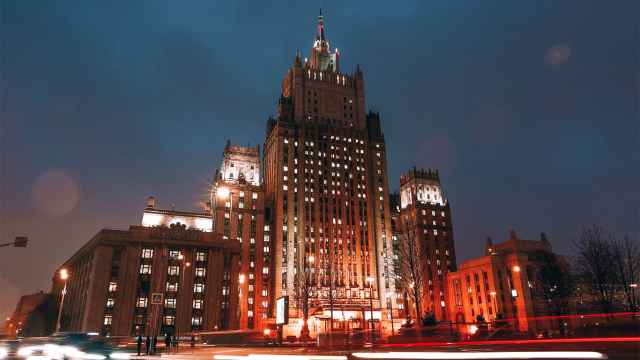The U.S. government has approved the sale of anti-tank Javelin missiles to Lithuania, the Pentagon said Tuesday amid Western concerns of a Russian invasion of neighboring Ukraine.
The Defense Security Cooperation Agency’s (DSCA) said it notified Congress of the $125 million sale of 230 Javelin missiles and 20 Javelin launchers to Lithuania, which shares a border with Russia’s Baltic exclave of Kaliningrad.
“This proposed sale will support the foreign policy and national security of the United States by helping to improve the security of a NATO ally that is an important force for ensuring peace and stability in Europe,” it said.
Lithuania’s order now totals 341 Javelins and 30 Javelin command launch units, in addition to training and support equipment.
DSCA said the possible sale, which was approved by the State Department, will help Lithuania build “long-term defense capacity to defend its sovereignty and territorial integrity.” It did not indicate when the anti-tank Javelins would be delivered to Vilnius.
Washington’s arms sales to the ex-Soviet Baltic state, which is a member of both the European Union and NATO, comes as Russia escalates its warnings of a “military response” to perceived security threats from the West.
President Vladimir Putin repeated the threat during a meeting of military top brass earlier Tuesday, while Defense Minister Sergei Shoigu accused U.S. private military companies of stationing troops in eastern Ukraine and preparing for a “chemical attack.”
At the same meeting, Foreign Minister Sergei Lavrov said the U.S. has “expressed readiness” to launch dialogue with Russia on its proposed security guarantees that seek to limit NATO’s eastward expansion.
Moscow last week sent Washington a list of sweeping demands that seek guarantees from NATO to abandon its military activities in Eastern Europe and Central Asia; to block future NATO membership for any post-Soviet country; and for the U.S. not to establish any new military bases on the territory of former Soviet states.
The U.S. State Department said it is prepared to discuss Russia’s demands “through multiple channels, including bilateral engagement, the NATO-Russia Council, and the OSCE,” Europe’s top security organization.
“There will be no talks on European security without Europe,” Assistant State Secretary Karen Donfried said during a briefing Tuesday.
“Any dialogue with Russia must address NATO’s and others’ concerns about Russia’s continued threatening behavior and be based on the core principles and foundational documents of European security,” she added.
Moscow’s demands followed weeks of Western warnings over Russian troop buildup near Ukraine and fears of an invasion.
The Kremlin denies planning an invasion into Ukraine and accuses U.S.-led NATO of threatening its security by expanding its presence near Russian borders.
A Message from The Moscow Times:
Dear readers,
We are facing unprecedented challenges. Russia's Prosecutor General's Office has designated The Moscow Times as an "undesirable" organization, criminalizing our work and putting our staff at risk of prosecution. This follows our earlier unjust labeling as a "foreign agent."
These actions are direct attempts to silence independent journalism in Russia. The authorities claim our work "discredits the decisions of the Russian leadership." We see things differently: we strive to provide accurate, unbiased reporting on Russia.
We, the journalists of The Moscow Times, refuse to be silenced. But to continue our work, we need your help.
Your support, no matter how small, makes a world of difference. If you can, please support us monthly starting from just $2. It's quick to set up, and every contribution makes a significant impact.
By supporting The Moscow Times, you're defending open, independent journalism in the face of repression. Thank you for standing with us.
Remind me later.






